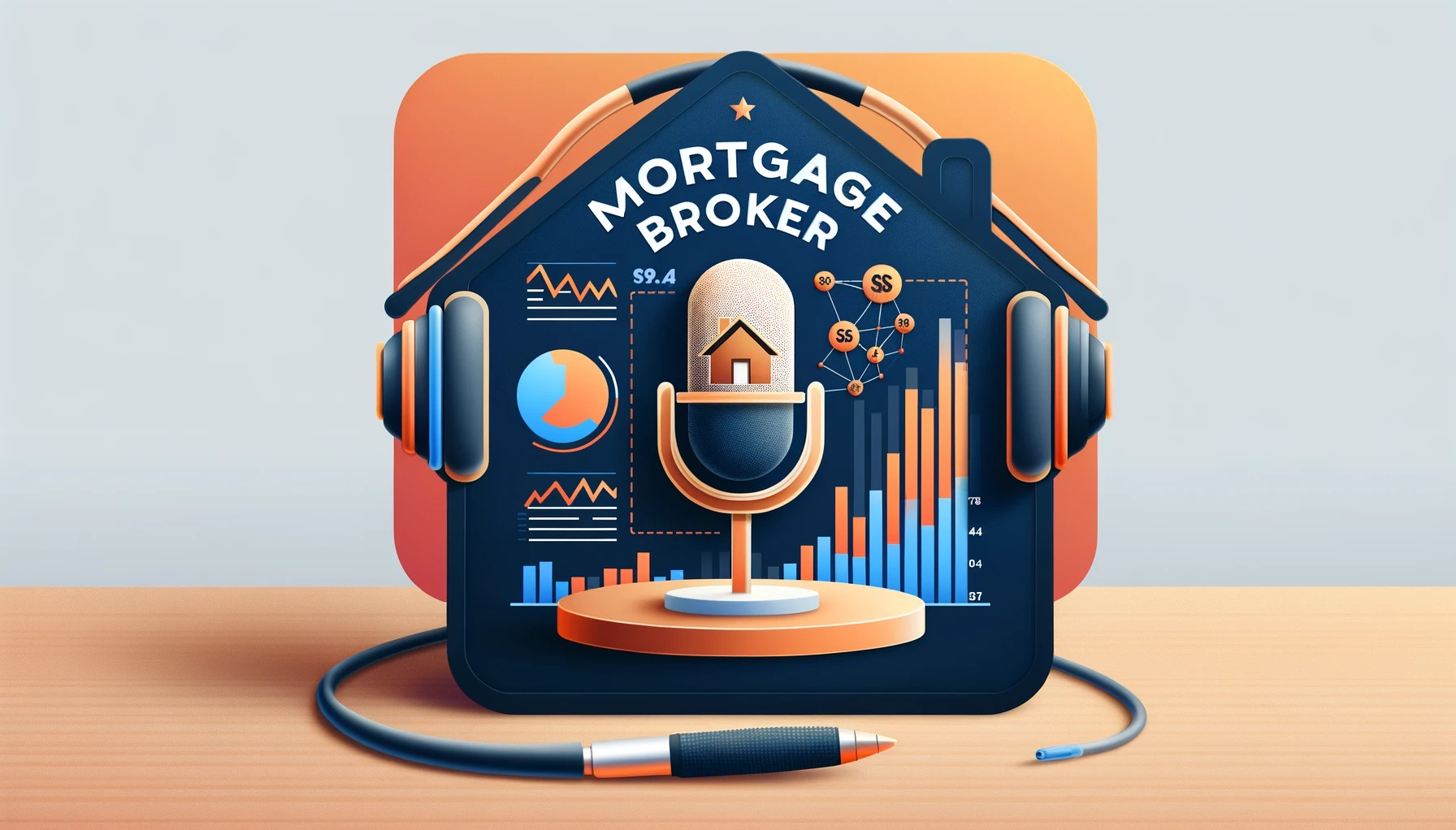Episode 4
Loan Amount Vs Purchase Price – What’s The Difference?
When you borrow money to buy a home, you’ll see many numbers thrown around. Most buyers focus on the purchase price of the home. It’s an indicator of whether or not you can afford the price. But since you probably won’t pay cash only, you must consider the loan amount.
The loan amount is the money you borrow to buy the home. It usually differs from the purchase price since most lenders don’t always provide 100 percent financing. Considering the loan-to-value ratio is important too. This value compares the purchase price and the loan amount and is a number lenders talk about often.
Understanding these numbers helps you make solid real estate investment decisions. While focusing on the purchase price makes sense, it’s the loan amount that plays the most important role in your decision, here’s why.
What’s The Purchase Price?
The purchase price is the amount you agree to pay the seller. It’s the amount on your sales contract or the amount your real estate agent worked so hard to get the seller to agree to.
For example, a home is listed for $300,000, but your real estate agent gets them down to $285,000. Your purchase price is $285,000. That’s what you agree to pay. Now, you probably don’t have $285,000 lying around, so you need financing, which is where the loan amount matters.
The Loan Amount Isn’t The Purchase Price
The loan amount differs from the purchase price because most lenders won’t give you 100 percent of the sales price. We’ll use our $285,000 sales price example from above. Traditional lenders or banks will typically give you 80 percent of that amount, so $228,000 if you live in the home as your primary residence. Primary residence properties have a lower risk of default because you live there, but you must come up with the remaining $57,000.
Lenders require your own investment to reduce the risk of default. They call it having ‘skin in the game’. Traditional loans require a 20 percent investment. Lenders feel if you have 20 percent of your own money invested, you’ll be more likely to pay your bills on time and not default on the loan, risking your property.
MKG Enterprises Corp. Third-Party Originator
NLMS ID 1370394
Call 559.412.7248 to speak to a loan officer
Website:


